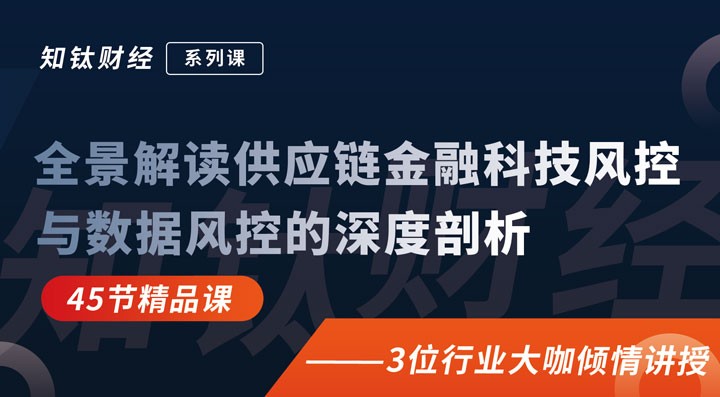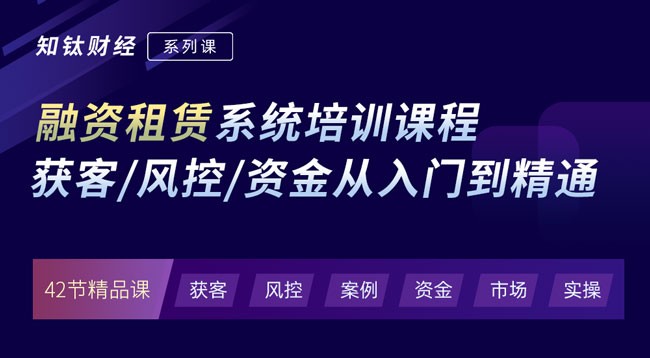世界贸易组织第四届部长级会议“关于《TRIPS协定》与公共卫生的宣言”
DECLARATION ON THE TRIPS AGREEMENT AND PUBLIC HEALTH Adopted on 14 November 2001 1. We recognize the gravity of the public health problems afflicting many developing and least-developed countries, e
DECLARATION ON THE TRIPS AGREEMENT AND PUBLIC HEALTH
Adopted on 14 November 2001
1. We recognize the gravity of the public health problems afflicting many developing and least-developed countries, especially those resulting from HIV/AIDS, tuberculosis, malaria and other epidemics.
2. We stress the need for the WTO Agreement on Trade-Related Aspects of Intellectual Property Rights (TRIPS Agreement) to be part of the wider national and international action to address these problems.
3. We recognize that intellectual property protection is important for the development of new medicines. We also recognize the concerns about its effects on prices.
4. We agree that the TRIPS Agreement does not and should not prevent Members from taking measures to protect public health. Accordingly, while reiterating our commitment to the TRIPS Agreement, we affirm that the Agreement can and should be interpreted and implemented in a manner supportive of WTO Members' right to protect public health and, in particular, to promote access to medicines for all.
In this connection, we reaffirm the right of WTO Members to use, to the full, the provisions in the TRIPS Agreement, which provide flexibility for this purpose.
5. Accordingly and in the light of paragraph 4 above, while maintaining our commitments in the TRIPS Agreement, we recognize that these flexibilities include:
(a) In applying the customary rules of interpretation of public international law, each provision of the TRIPS Agreement shall be read in the light of the object and purpose of the Agreement as expressed, in particular, in its objectives and principles.
(b) Each Member has the right to grant compulsory licences and the freedom to determine the grounds upon which such licences are granted.
(c) Each Member has the right to determine what constitutes a national emergency or other circumstances of extreme urgency, it being understood that public health crises, including those relating to HIV/AIDS, tuberculosis, malaria and other epidemics, can represent a national emergency or other circumstances of extreme urgency.
(d) The effect of the provisions in the TRIPS Agreement that are relevant to the exhaustion of intellectual property rights is to leave each Member free to establish its own regime for such exhaustion without challenge, subject to the MFN and national treatment provisions of Articles 3 and 4.
6. We recognize that WTO Members with insufficient or no manufacturing capacities in the pharmaceutical sector could face difficulties in making effective use of compulsory licensing under the TRIPS Agreement. We instruct the Council for TRIPS to find an expeditious solution to this problem and to report to the General Council before the end of 2002.
7. We reaffirm the commitment of developed-country Members to provide incentives to their enterprises and institutions to promote and encourage technology transfer to least-developed country Members pursuant to Article 66.2. We also agree that the least-developed country Members will not be obliged, with respect to pharmaceutical products, to implement or apply Sections 5 and 7 of Part II of the TRIPS Agreement or to enforce rights provided for under these Sections until 1 January 2016, without prejudice to the right of least-developed country Members to seek other extensions of the transition periods as provided for in Article 66.1 of the TRIPS Agreement. We instruct the Council for TRIPS to take the necessary action to give effect to this pursuant to Article 66.1 of the TRIPS Agreement.
 表情
表情

